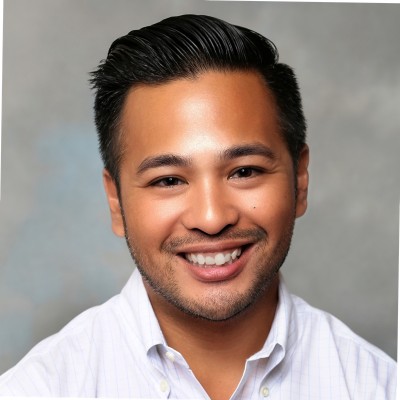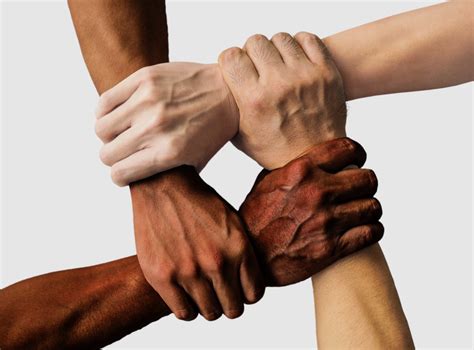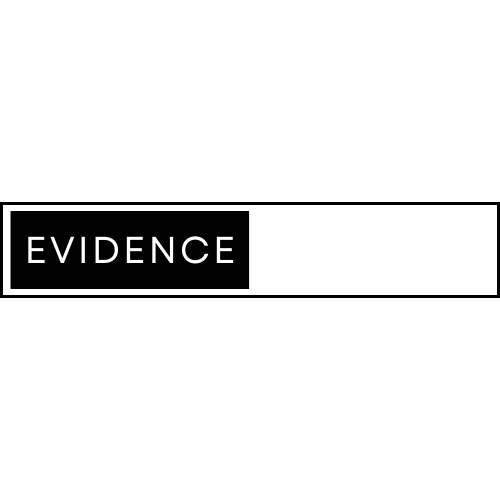“Finding our Way In: Increasing and expanding DEIB efforts within our Division.”
David Songo PsyD

As of the writing of this article, it has only been two weeks since the Midwinter Board Meeting for the Division. I was fortunate enough to attend this meeting in person in Kansas City, MO and before you ask, no I did not see Taylor Swift.
As my term as DEIB Domain Representative officially kicked off this year, I’m navigating the nuances of my role and how to best make my role and the DEIB committee the most successful. To me, this brings up a parallel process to my own life and how I often take part and show up in group settings. I often reflect on the competing tensions of “what can I bring to the table” with the other tension “what is expected of me.” With these tensions it can be hard and difficult to find a way into a group, a way into an organization, or perhaps a division. And that I believe is the clear role and purpose of the DEIB committee: to raise our diversity consciousness to those around us and to foster an inclusive community across division(s), to advance and support group psychology and group psychotherapy.
In the spirit of inclusiveness, I will be putting forth a call on the Division Listserv to invite more participation within the DEIB Committee and I will host our first DEIB Committee Meeting during the first full week of March. Our committee will be working closely with the Membership Committee to help increase efforts of member recruitment and retention with a specific focus ensuring our division is reflective of the communities we serve. In addition, we will discuss the Institute and how we can help mentor students and ECPs in their professional growth.
Anti-Group Processes in Everyday Life: Cancel Culture
One of the fascinating conversations that occurred during some of our social time was the prevalence of being “cancelled” especially if there are any mis-steps or mistakes made by an individual or group in power. As group psychologists, we are uniquely positioned to witness and address the complexities of human interaction and societal phenomena, such as cancel culture. Cancel culture, characterized by the “public boycotting or social ostracization of individuals or organizations due to perceived wrongdoings”(Clark, 2020) reflects a broader societal trend towards swift judgment and polarization. While it can serve as a form of collective accountability, it also raises concerns about the absence of dialogue, forgiveness, and growth opportunities. In group settings, these dynamics can mirror larger societal tensions, presenting both challenges and learning opportunities for members and facilitators alike.
Understanding the need for holding, curiosity, and incorporation, it is imperative that we cultivate spaces that foster mutual dialogue and understanding. This involves creating an environment where differing perspectives can be expressed safely and without fear of immediate rejection or retribution. By promoting principles of open communication, empathy, and reflective listening, we can model a more nuanced approach to accountability—one that encourages growth, learning, and reconciliation. This not only benefits the individual members of our groups but also contributes to a broader cultural shift towards more inclusive and constructive methods of addressing conflict and harm.
I believe that this DEIB Committee can help make Division 49 a space for continued growth and learning where we can invite other perspectives, even if we don’t agree with them, to help foster our own knowledge and awareness of self and other.
I invite your feedback about what you want the DEIB Committee to do and represent. I’m always available via e-mail at dsongco@mcw.edu or feel free to schedule a time to meet with me at www.calendly.com/dsongco


